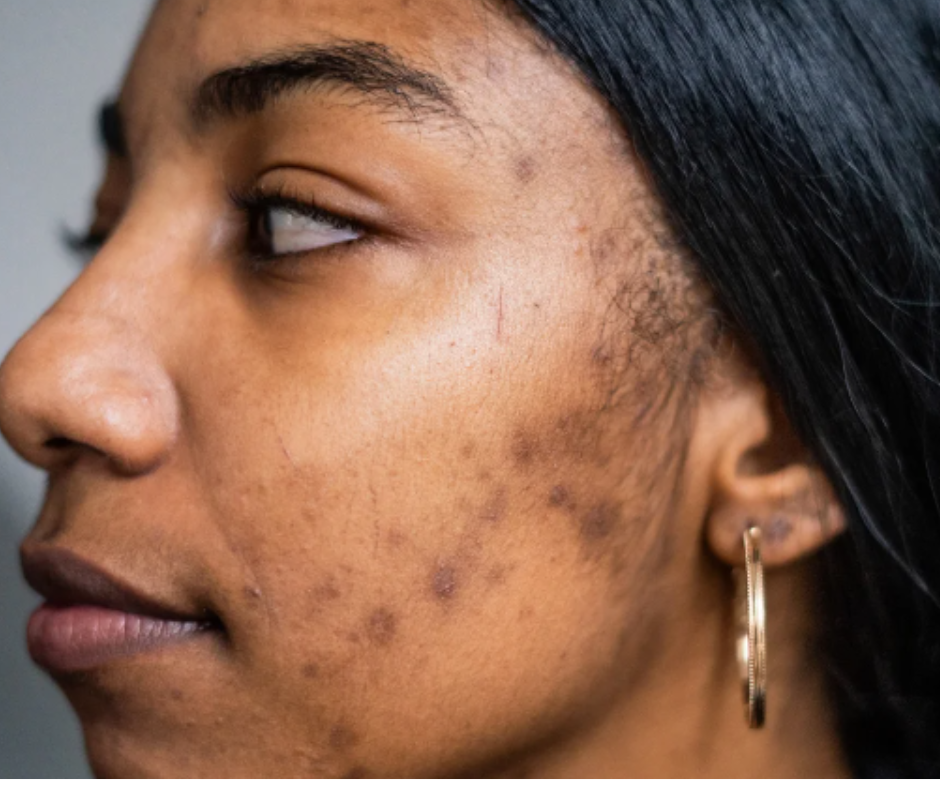Acne is a common skincare challenge that affects people of all ages, often leaving behind stubborn dark spots and hyperpigmentation. To tackle these issues effectively, the insights of Dr. Camille Howard Verović, a certified dermatologist, and Afya Ibomu, a holistic nutritionist, are invaluable. They explore the complexities of acne and offer tailored advice to help manage it through dietary adjustments and proper skincare routines.
Dr. Howard explains that acne is multifaceted, originating from various sources including hormonal imbalances and lifestyle factors. She introduces the concept of face mapping, a technique used to link different facial acne to internal health issues, allowing for targeted treatments. For example, breakouts on the forehead might suggest bladder issues, prompting specific dietary changes.
Diet plays a crucial role in managing acne. Both experts recommend reducing the intake of processed foods, which can spike blood sugar levels and exacerbate acne. Instead, they advocate for a diet rich in whole foods like fruits, vegetables, and lean proteins, which support overall skin health and help mitigate breakouts.
When it comes to supplements, while commonly suggested, Dr. Howard and Ms. Ibomu caution against their use due to insufficient evidence on their efficacy in acne treatment. Instead, they suggest natural alternatives like MSM (methylsulfonylmethane) and flax seeds, which have properties that can help reduce inflammation and hormone levels that contribute to acne.
Lastly, they address the use of face oils and makeup, areas where misinformation can lead to worsened skin conditions. They recommend using lighter oils and clean makeup products, particularly for those with sensitive skin. The overall message is clear: understanding the underlying causes of acne and adopting a comprehensive, informed approach to skincare is crucial for effective management and healthier skin.
For more detailed guidance on tackling acne, visit the full article here.


